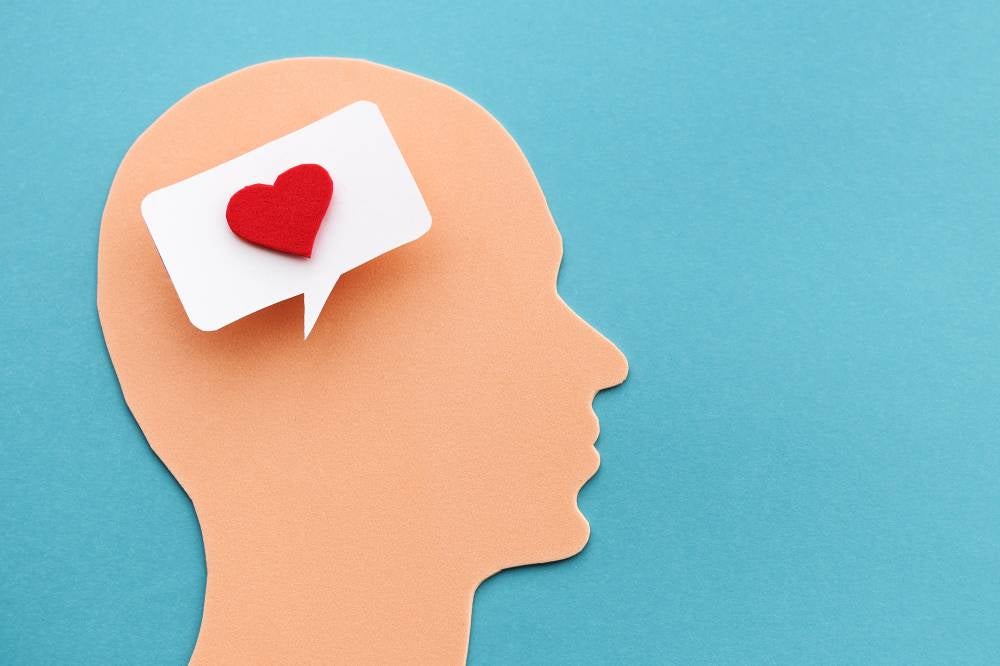Dating and mental health: Open communication key, says psychologist

SHAH ALAM - In today's complex dating scene, with its mix of digital communication, social pressures and personal vulnerabilities, prioritising mental health is crucial.
Clinical psychologist Felicia Chan said open communication was key to maintaining good mental health.
"Open communication with their partners about their emotional needs and boundaries are among the self-care activities, other than seeking support from friends and family and not losing sight of individual goals and interests," she added.
She emphasised the importance of regularly checking in with oneself to assess emotional well-being and seeking professional help when necessary to maintain mental health.
This, she said was because mental health could deteriorate in various ways while dating, including experiencing stress from conflicts or misunderstandings, feeling pressured to meet certain expectations and facing rejection or breakups.
"Losing a sense of self-identity, neglecting personal needs or staying in unhealthy or abusive relationships can significanty impact one's mental health," she added.
She said it was essential to recognise those potential pitfalls and address them proactively.
Other than that, she said among the ways the young generation could become aware of the potential mental health risks in dating was by educating themselves continuously about healthy relationship dynamics and the signs of emotional distress.
Precautionary steps included setting clear personal boundaries, maintaining a strong support network and engaging in self-reflection, Chan added.
"Seeking guidance from mental health professionals can also provide valuable insights and coping strategies," she said.
"This is because bad mental health can affect dating by leading to communication issues, trust problems and increased conflict.
"It can result in emotional instability, difficulty in forming or maintaining connections and a tendency to withdraw or become overly dependent.
"Recognising dating failures due to bad mental health involves observing patterns such as recurring arguments, inability to form deep connections, or repeated relationship breakdowns.
"Failures can manifest as consistent miscommunication, lack of empathy or an inability to resolve conflicts effectively," she said.
For those with pre-existing depression or other mental health issues, Chan advised prioritising recovery before actively dating.
She said entering a relationship with untreated depression could strain both partners and impede the healing process.
"However, this does not mean one must be completely free of all mental health challenges before dating.
"It's about being in a place where one can manage their mental health effectively and communicate their needs and boundaries clearly," she added.
She said partners can play a supportive role by offering empathy, understanding and encouragement.
"They can help by being patient, actively listening and encouraging their partner to seek professional help," she said.
She added that while it was not the partner's responsibility to "fix" their partner's mental health issues such as depression, they could provide a loving and supportive environment for healing.
She said couples may often fight due to misunderstandings or frustrations related to the depression, but with open communication and mutual support, many of these conflicts can be mitigated.
"It is important for both partners to recognise the need for professional help and to support each other in seeking it," she said.












